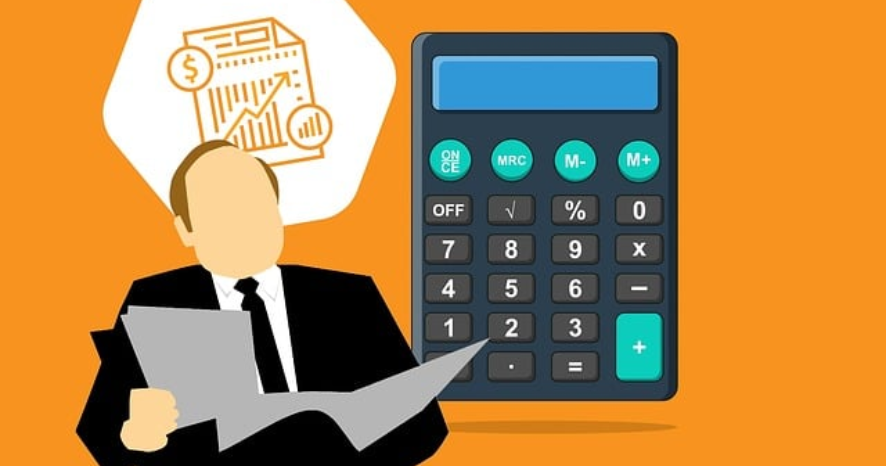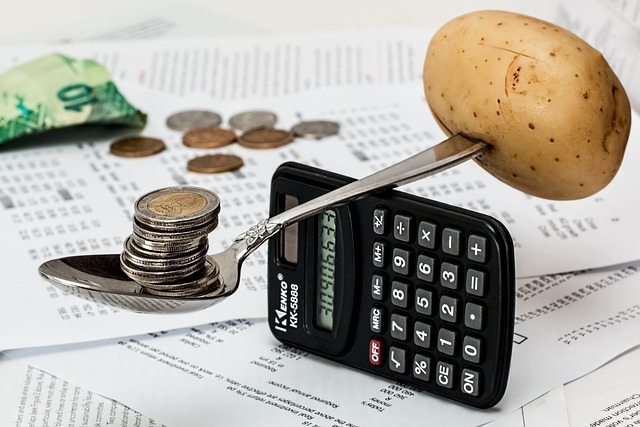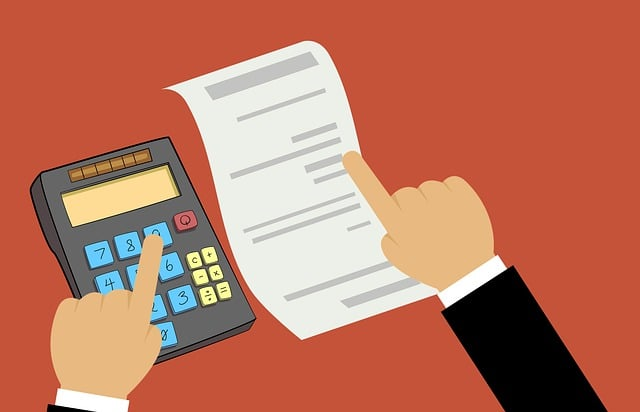Creating and sticking to a budget is essential for financial success.
Knowing how to budget your money means understanding that spending carefully and investing wisely are both important elements of managing finances.
This guide will provide tips on how to develop and stick with an effective budget, so you can start achieving your financial goals today.
- Related Reading:
- How to Make $35 an Hour as a Live Chat Assistant
What is a budget?

A budget is a plan to help manage your money by using net income and making sure you have enough for expenses and savings.
It’s important to create a budget that works for your household budget and individual needs, taking into account all of your income sources and regular expenses.
A budget should not be seen as restrictive, but rather as an opportunity to make wise financial decisions after-tax income and reach long-term financial goals.
Why is it important to budget?
Budgeting is an important financial tool that provides structure and allows you to make the most of your money.
It helps you prioritize spending, keep track of what you can spend money or have already spent, and manage funds efficiently so that you can save for goals like retirement or college education.
Creating and sticking to a budget also prevents overspending and can help you stay on top of your bills.
This can save you from incurring late fees and other additional costs that result from not paying bills on time.
Budgeting is essential for creating a safety net should an emergency arise or unforeseen expenses occur.
- Related Reading:
- How to Make $35 an Hour as a Live Chat Assistant
How do I create a budget?

When creating a budget, there are several steps to consider:
• First, list all of your sources of income, including any additional earnings from freelance work or investments.
• Then, make a list of all necessary fixed expenses and variable expenses such as rent and utilities.
• Next, look at discretionary spending in major categories like eating out, clothes, and entertainment.
• Finally, make sure you are saving enough money each month to meet your financial goals.
Once you have a good idea of where your money is going each month, use a budgeting tool or spreadsheet to track monthly income, and expenses.
This will help keep spending in check and ensure that you stay on top of bills, savings goals, and investments.
Track your spending. The first step to creating a budget is to track your spending. This will help you see where your money is going and identify areas where you can cut back.
There are many different ways to track your spending, such as using a budgeting app, a spreadsheet, or a notebook.
Set financial goals. Once you know where your money is going, you can set financial goals.
These goals can be short-term, such as saving up for a down payment on a house, or long-term, such as saving money for retirement.
Create a budget. Once you have your financial goals, you can create a budget. Your budget should include all of your income and expenses.
You can use a budgeting app, a spreadsheet, or a notebook to create your budget.
Stick to your budget. The most important part of the budgeting process is sticking to your budget. This can be challenging, but it’s important to stay on track.
There are many different ways to stick to your budget, such as using a budgeting app, setting up automatic transfers, and tracking your progress.
Making wise investments and spending money carefully will help you reach your goals faster and make managing money easier. Budget and spend well today and start building your future.
- Related Reading:
- How to Stay Ahead of the Curve in the Digital Finance Revolution
The benefits of budgeting

There are many benefits to budgeting your money. Here are just a few:
Peace of mind. When you have a budget, you know where your money is going and you can feel confident that you’re on track to reach your financial goals.
More control over your finances. When you make a budget, you take control of your finances and make sure that your money is working for you.
Less stress. When you know where your money is going, you don’t have to worry about unexpected expenses or running out of money.
More financial freedom. When you have a budget, you can make choices about your money that align with your values and goals.
Tips for Sticking to Your Budget

Staying within your budget can be challenging, but it is important. Here are a few suggestions to assist you in remaining focused.
Set realistic goals. It’s better to start small when trying to save money.
Don’t aim for big goals right away. Instead, gradually increase your spending limits and savings goals as you get more comfortable with budgeting.
Automate your bank accounts and savings. Automating your savings is a great way to stick to your budget.
It involves setting up automatic transfers from your checking account to your savings account, so you don’t have to remember to save extra money.
Track your progress. To stay motivated and on track with your budget, it’s crucial to monitor your progress. You can track your progress using various methods like a budgeting app, a notebook, or a spreadsheet.
Make adjustments as needed. It’s normal to make adjustments to your budget as your life changes. Remember to review it regularly and make changes as necessary, since your personal budget isn’t fixed.
- Related Reading:
- How to Make $35 an Hour as a Live Chat Assistant
Final Thoughts on Budgeting
Budgeting can be simple and there are multiple budgeting methods available.
It is crucial to discover a method that suits you and remain consistent with it.
This blog post offers tips on how to create a budget that will assist you in achieving your financial objectives.
To stay on budget, track your own spending habits, set realistic financial goals, stick to your budget, and make wise investments.
It is also important to remember that budgeting can give you more control over your finances and less stress in the long run.
Good luck with creating and sticking to your budget! Keep the end goal in mind – financial freedom – and you’ll be sure to achieve success.
With careful planning and perseverance, you’ll be able to stay on top of bills, savings goals, and investments. Budget today and start building a better future for yourself!
Frequently Asked Questions
Q: What is a budget?
A: A budget is a financial plan that outlines how you will allocate your money. It is beneficial for keeping track of your monthly expenses together, cutting costs, and achieving your monetary objectives.
Q: Why is it important to budget?
A: There are many reasons why it’s important to budget your money. Here are just a few:
- It can help you track your spending.
- It can help you save money.
- It can help you reach your financial goals.
- It can give you peace of mind.
- It can give you more control over your finances.
- It can reduce stress.
- It can give you more financial freedom.
Q: How do I create a budget?
A: To create a budget, you’ll need to gather information about your income and expenses. You should also consider setting financial goals.
From there, you can use budgeting tools such as apps or spreadsheets to track and monitor your spending.
Finally, review your budget periodically and make adjustments as needed. When you have a consistent plan in place, you’ll be ready to start building a better future for yourself!
Q: What are some tips for sticking to my budget?
A: Here are some tips for sticking to your budget: set realistic goals; automate your savings; track your progress; make adjustments as needed.
Additionally, it helps to remember why budgeting is important and keep the end goal in mind (financial freedom). With careful planning and perseverance, you’ll be able to stay on top of bills, savings goals, and investments.













